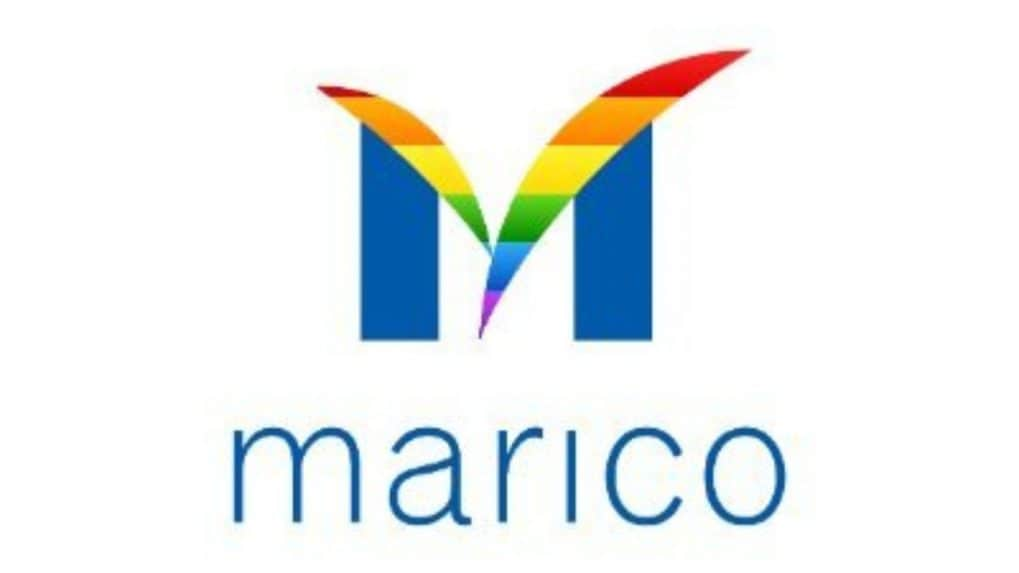Brand Makers
Dil Ka Jod Hai, Tootega Nahin

The fast-moving consumer goods (FMCG) company Marico has reported a stable business domestically in the fiscal year 2024, while e-commerce and modern trade contributed to 30% of the Indian business, CEO Saugata Gupta said during the 36th Annual General Meeting (AGM) of the company.
Chairman Harsh Mariwala said with the continued impetus to the 4Ds (Diversification, Distribution, Digital, and Diversity), the company will fast forwardly become Marico 3.0.
Marico has aimed to grow its food business at 20-25% CAGR and scale to 2x of its current scale in FY27.
According to the company's financials, the Premium Personal Care portfolio witnessed healthy momentum, led by the Digital-first portfolio reaching an exit ARR of Rs 450 crore in FY24.
"We will continue to aggressively diversify the portfolio through the scale-up of Foods and Premium Personal Care portfolios while improving profitability parameters in line with our medium-term strategic priorities. Consequently, we expect the domestic revenue share of the Foods and Premium Personal Care portfolios to expand from ~20% currently to 25% by FY27," CEO Gupta said during Marico's AGM.
On implementation of Generative Artificial Intelligence (GenAI) technology, Gupta said investment in new-age technologies has led to "cost optimization and greater agility in responding to market dynamics, improving consumer insight, efficient workflows, faster turnarounds, and greater employee engagement".
Gupta said that the e-commerce business contributed to 11-12% of Marico's domestic business, and exuded confidence that Marico will double its business over the next few years.
"The raucous, almost deafening, cuss words from the heartland that Piyush Pandey used with gay abandon turned things upside down in the old world order."
Read MoreFrom OpenAI’s ChatGPT-powered Atlas to Microsoft’s Copilot-enabled Edge, a new generation of AI-first browsers is transforming how people search, surf and interact online — and reshaping the future of digital advertising.